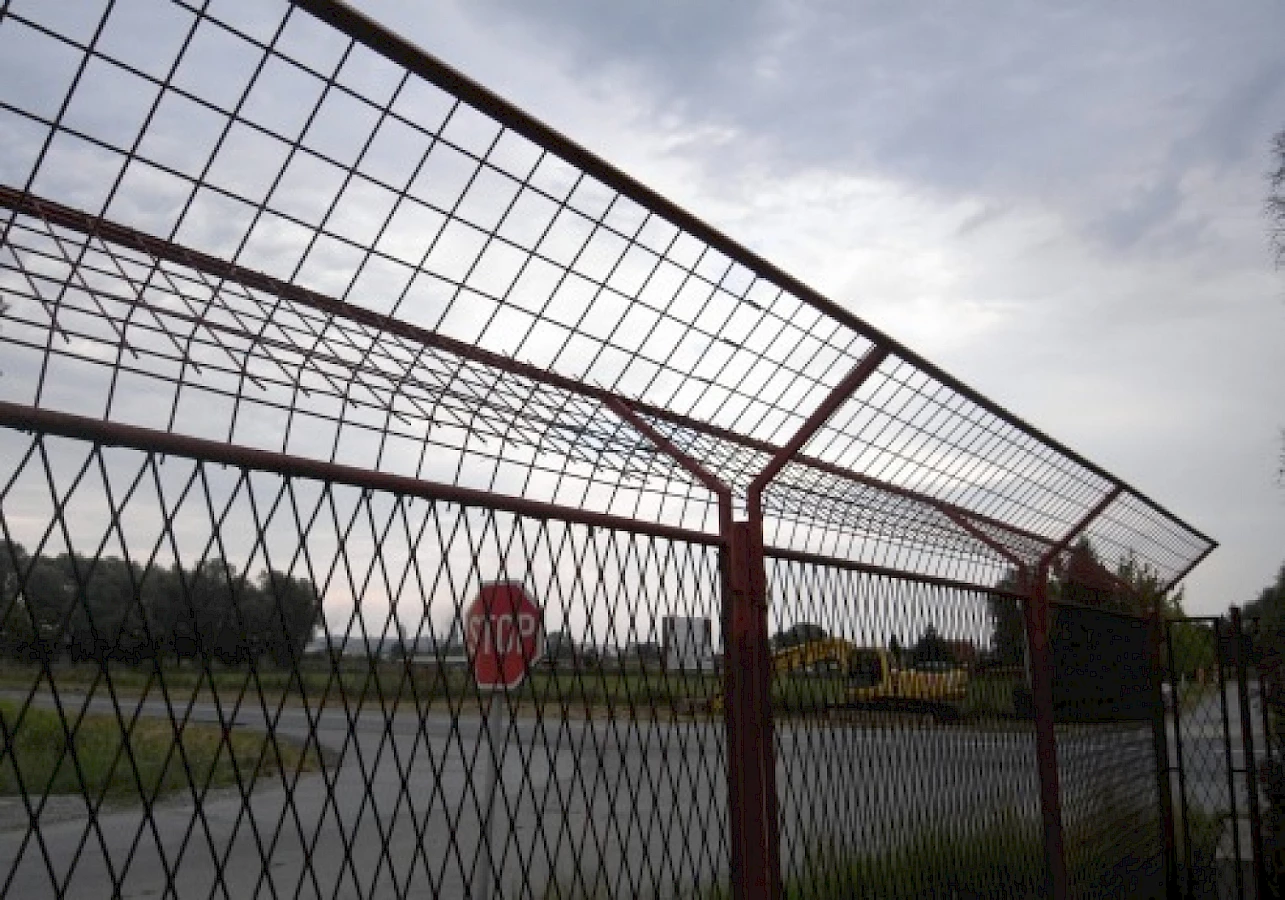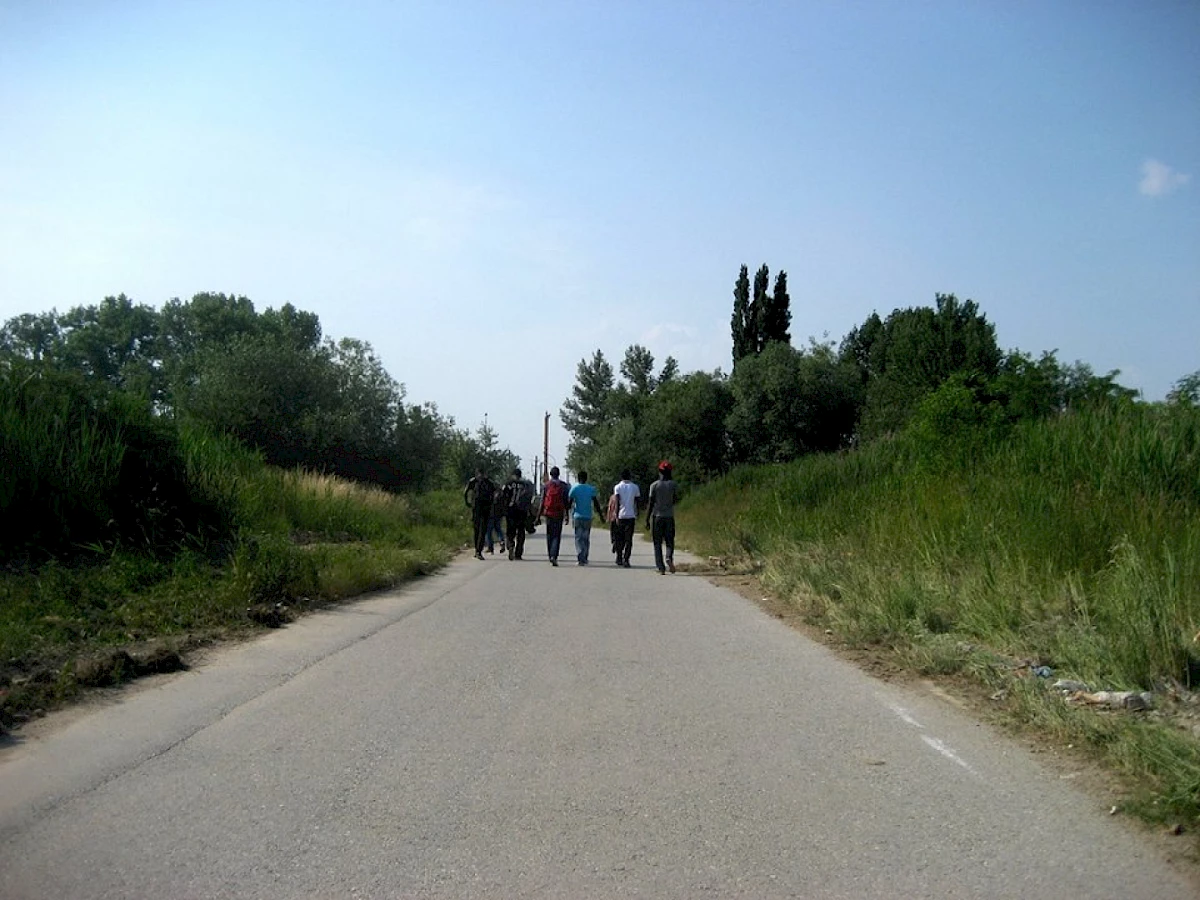
"It is pretty incredible," said Ali to me this summer when the reports of the so called "migrant crisis" came up on the TV screen for the second time during my short visit. "It took me 4 years to arrive from Turkey to Germany, and now people make this journey in 4 days." Ali arrived to Germany some years ago, before the "migrant crises" took the international media's attention and when the violence of the securitised borders was silenced, swept under the rug and ignored by the media.
The events of this "long summer of migration" – the term some have preferred over the talk of "crisis" – indeed shook up the status quo. People migrating became one of the current topics that could not be ignored and, in the opinion of myself and many of my comrades researching and struggling for freedom of movement, they became the protagonists of a very successful struggle against the European border regime. They formed a liberatory movement and forced the EU to open up a corridor for (relatively) safer and quicker passage. The journey from Turkey to Germany used to be entirely illegalised for most people from Africa and Asia, costing great amounts of money and many lives – and now the state-organised (or at least tolerated) transport was ensured. This was an important and unprecedented, albeit short, moment in the recent history of limitations on freedom of movement.
Yet the debate in the mainstream political and media arena was framed in entirely different terms. There were two dominant ways of conceptualising the people migrating: the securitarian and the humanitarian discourse.

The securitarian discourse presents the people that migrate as a threat: the politicians and the media often insinuate that they are a danger to cultural and religious values, to social and economic welfare or a danger to the health of the majority population. By presenting them as a threat, the securitarian discourse is used to justify repressive measures, such as building fences and walls, closing borders, tightening criteria for asylum, strengthening detention and deportations facilities, normalising hate speech, and building lagers that further isolate and marginalise the newly arrived.
The humanitarian discourse – often presented in the liberal mainstream as the only viable (and much needed) opposition to the securitarian position – presents migrating people as victims: as helpless recipients of philanthropic assistance. It presents the situation of migrants as a humanitarian catastrophe, focusing on the immediate need of people, and masking the underlying structural political, economic, and social reasons that created this situation.
In my view, the humanitarian and the securitarian approach are both part of the same dominant discourse about the people migrating. Both contribute to their dehumanisation and attempt to strip them of their autonomy.
In the this series of posts, I would like to open some questions and share some reflections in order to contribute to the counterdiscourses to the dominant ways of representing people migrating. Similarly to Marie Shear's articulation of feminism ("Feminism is the radical notion that women are people."), a counterdiscourse to the dehumanising representation of people migrating could start from (unfortunately more and more) "radical notion" that migrants/refugees are people. Seeing them as people, rather than dangerous threats or helpless victims of war and displacement, is a starting point for a critical analysis of the root causes that brought about the construction of the "migrant crisis", an analysis which appreciates people's autonomy and resilience and can serve as a platform for collective struggles and solidarity.
The views and opinions published here mirror the principles of academic freedom and do not necessarily reflect the views or positions of the L'Internationale confederation and its members.